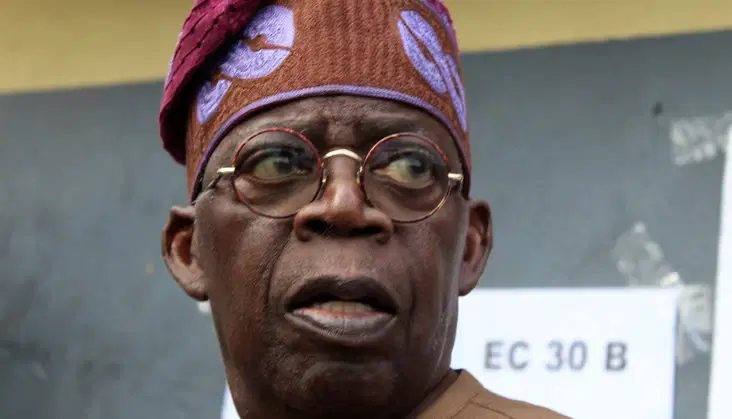The doctrine of Separation of Powers is fundamental to the functioning of a constitutional democracy, aiming to maintain independence among the three branches of government—executive, legislative, and judiciary. This framework is designed to ensure that individual interests do not overshadow the public good, serving as a mechanism for checks and balances.
However, in Nigeria, a concerning trend has emerged where elected leaders, both in the executive and legislative branches, display a blatant disregard for the law. This impunity has become almost instinctual, leading to actions that often undermine democratic principles.
For instance, in 2018, former President Muhammadu Buhari controversially withdrew $1 billion from the Excess Crude Account for military purchases without the mandatory approval from the National Assembly. In the current administration, President Bola Tinubu faced public backlash for acquiring a new presidential jet amidst widespread economic hardship, showcasing a disconnect from the realities faced by the populace.
The executive’s influence extends into the legislative arena, with the President ensuring that only his preferred candidates ascend to leadership positions within the National Assembly. This manipulation creates a puppet government, eroding the essential checks and balances and fostering an environment ripe for tyranny and dictatorship.
At the state level, governors often treat their jurisdictions as personal territories, exerting total control over resources and political processes. They frequently co-opt their State Houses of Assembly, reducing local governments to mere extensions of state power. Many governors lead extravagant lifestyles, flaunting fleets of luxury vehicles and frequently chartering private jets, all while neglecting to pay their workers’ salaries and pensions. Such behavior reflects a gross misuse of public resources for personal gain.
Additionally, the conduct of the police during elections exemplifies the challenges to democratic processes. Instead of protecting the integrity of elections, the police have been known to collude with corrupt officials, facilitating the falsification of results and even tampering with ballot boxes, leaving voters helpless.
This environment has led to widespread frustration among Nigerians, who assert that while the nation may be under civil rule, true democracy is absent. There is a growing consensus that constitutional amendments are necessary to reinforce institutional frameworks and curb the excesses of elected officials. Citizens are increasingly united in their call for accountability, determined to take a stand against the status quo and demand better governance.

